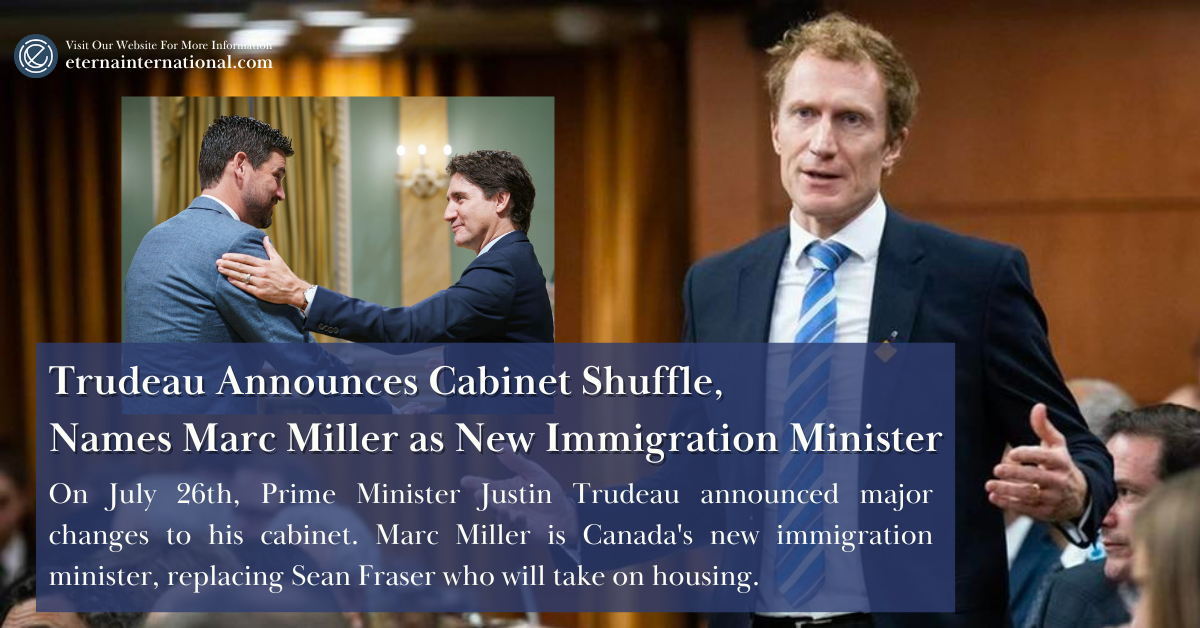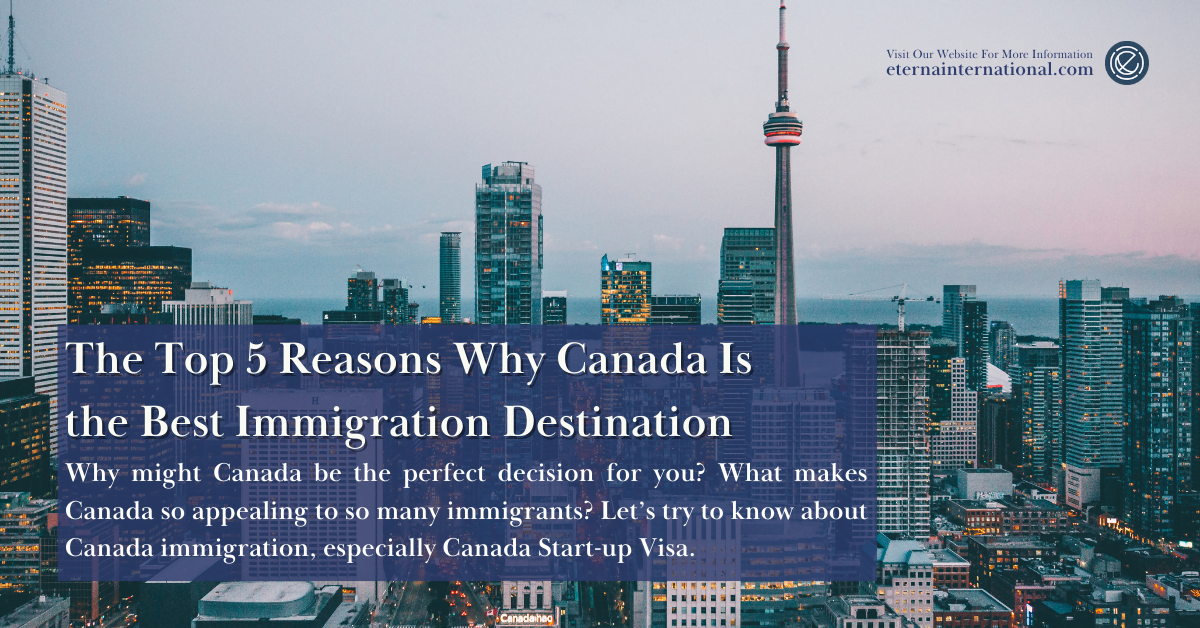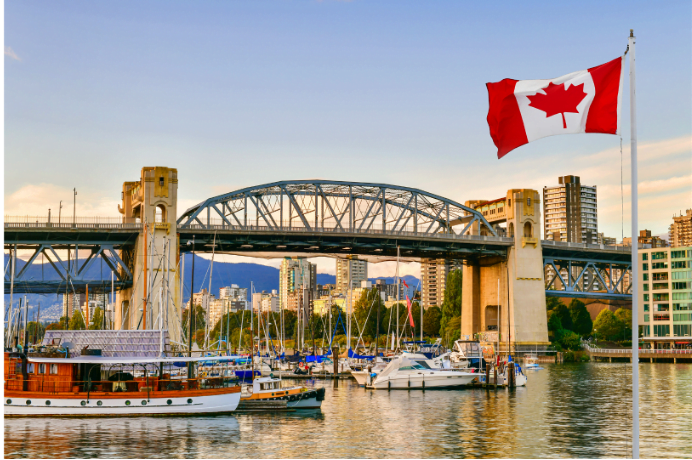On July 26th, Prime Minister Justin Trudeau announced major changes to his cabinet in preparation for the next election. A key change was appointing new ministers for the immigration and housing portfolios. Marc Miller is Canada’s new immigration minister, replacing Sean Fraser who will take on housing. Miller is a Member of Parliament from Quebec who previously served as Minister of Crown-Indigenous Relations.
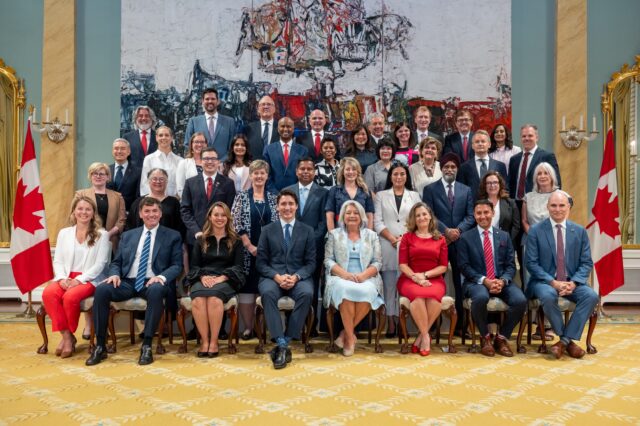
Marc Miller was first elected as a Member of Parliament in 2015 representing the Montreal riding of Ville-Marie—Le Sud-Ouest—Île-des-Soeurs. He was born in Montreal and has law and political science degrees from Montreal and McGill Universities. Before entering politics, Miller worked as a lawyer in Montreal for over 15 years, specializing in indigenous law.
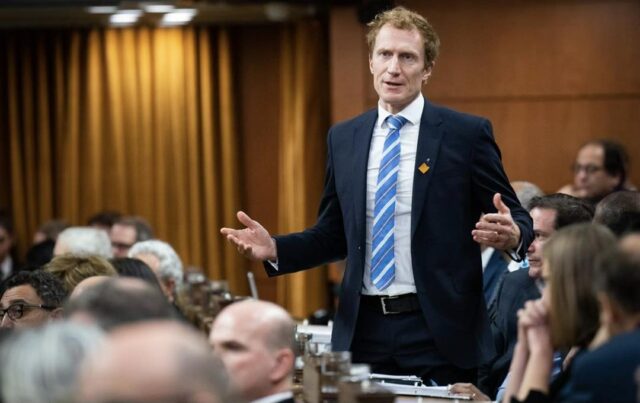
As immigration minister, Miller will oversee policies and programs handled by Immigration, Refugees and Citizenship Canada. This includes setting immigration levels, which have increased significantly under Trudeau.
Trudeau has made immigration a priority, raising annual immigration from 250,000 to over 400,000. In the 2023–2025 Immigration Levels Plan, Canada aims to welcome from 410,000 to 505,000 new permanent residents in 2023, from 430,000 to 542,500 in 2024, and from 442,500 to 550,000 in 2025 to offset Canada’s aging population.
The shuffle provides a chance to refresh policies. In 2021, Trudeau tasked Fraser with priorities like boosting levels, improving processing, reforming Express Entry, reuniting families, and promoting French immigration.

On housing, Sean Fraser replaces Ahmed Hussen as Canadians face an affordability crisis. Experts have praised the choice, calling Fraser an effective communicator needed to compete with opposition messaging. Fraser said immigration can help address housing supply issues by providing construction labor. He endorsed continuing to build more homes rather than limiting newcomers.
Sean Fraser became Canada’s immigration minister in October 2021 under Prime Minister Justin Trudeau’s Liberal government. One of Fraser’s first major initiatives was announcing plans in February 2022 to accept over 430,000 new permanent residents in 2022, setting an ambitious new target for immigration to Canada. Fraser stated these high immigration levels would help address Canada’s labor shortages and support economic growth.
In April 2022, Fraser introduced new policies to make it easier for international students graduating from Canadian institutions to obtain permanent residence in Canada. Measures included eliminating the requirement to have a job offer to apply for permanent residence and expanding eligibility for the Canadian Experience Class immigration program. Fraser said these changes would help retain skilled graduates in fields where Canada needs workers.
Fraser also took steps to address excessive processing times and backlogs in Canada’s immigration system. In May 2022, he announced a 6-point plan to improve application processing including hiring over 1,250 new staff, digitizing applications, and reducing red tape. By June 2022, Fraser reported progress in reducing wait times for some permanent residence applications by up to 50%. Nonetheless, long application processing times remained an ongoing challenge.

At the technology conference Collision 2023, Fraser revealed further changes to strengthen the Start-Up Visa Program as part of Canada’s Tech Talent Strategy. This included increasing the annual quota from 1,000 to 3,500 spots in 2023 to reduce backlogs, with further increases planned. Fraser also introduced 3-year open work permits for entrepreneurial teams, allowing flexibility beyond just working for their start-up. Applications endorsed by venture capital funds, angel investor groups, and backed by business incubators will be prioritized for faster processing.
Fraser limited the number of applicants certain entities can endorse annually to improve the reliability of timelines. These improvements aim to make Canada more competitive globally for innovative immigrant entrepreneurs and fuel growth in emerging tech sectors. The changes balance faster processing with fairness for those already in the visa pipeline.
Overall, Fraser sought to shape Canada’s immigration policies to boost economic growth and build a larger skilled workforce. His time as minister was focused on facilitating higher immigration levels and making it easier for students and skilled workers to immigrate and remain in Canada. Reducing backlogs was also a priority, though continued to be an issue affecting the immigration system.
